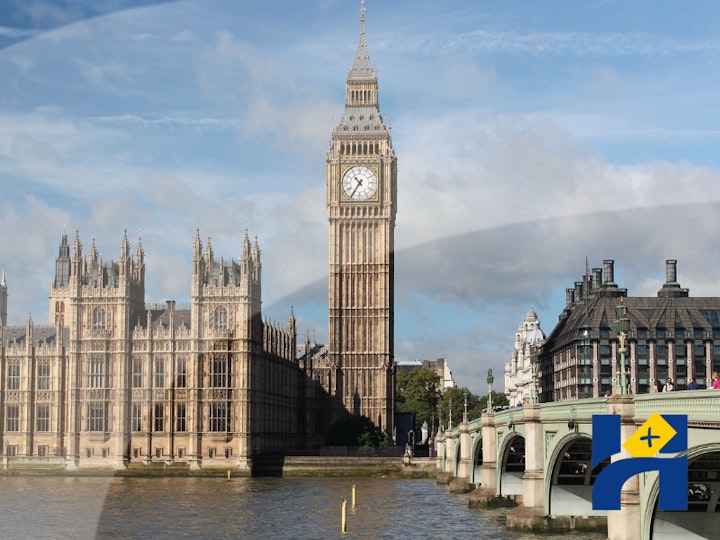Race and anti-racism in the UK General Election
Labour's fiasco over Diane Abbot's role in the party and Nigel Farage's reentry into the political fray has highlighted race and anti-racism in UK politics. Dr Naeema Pasha explores for our Ballot Box series.

Islamophobia has long been shown to be a more acceptable form of racism in the UK – more so among the middle class. In 2019, a report into the Conservative’s processes around discrimination allegations found anti-Muslim views were seen at local association and individual level.
Once again - in the midst of UK election fever – the conversation around islamophobia in politics rears its ugly head. Newly announced Reform leader Nigel Farage is embroiled in controversy over comments made about Muslims. Farage stated that some Muslims are trying to “change our way of life”, that young Muslims, “do not subscribe to British values”, suggesting that there is a portion of the British Muslim community that “loathe” much of what the country stands for. These remarks are regarded as highly Islamophobic, fuelled further by the challenges of the Israeli war in Gaza, Palestine.
Consider too the controversy involving Diane Abbott and the broader issues of race within the Labour Party. This also epitomises the complex and often contentious nature of race relations in UK politics. Abbott -considered by many to be an icon of British politics - was the first Black woman MP; the first Black MP at the PMQs despatch box; and the only Black person from a state school to study at Cambridge in the 1970s. Her career has been marked by her advocacy for greater ethnic minority representation and her campaigns against poverty and racism. Yet Abbott was suspended from the Labour Party in April 2023 following a letter she wrote to The Observer, which was criticised for downplaying antisemitism. Though recently readmitted, the Labour Party now faces a challenge as to embrace Abbott – or not - and risk accusations of race inequality.
Race and religion in politics
The controversy surrounding Farage’s comments and Abbot’s role in the Labour party raises again questions about the role of race and religion in political discourse. This is especially complex – and perhaps surprising - as the UK has a new set of politicians leading the country from diverse backgrounds. The UK has a British Indian Hindu Prime Minister and until recently Humza Yousaf, a Scottish Pakistani, was the First Minister of Scotland. And Vaughan Gething is the first Black First Minister of Wales as well as the first Black leader of any European country. So, in many ways, the UK has come far in race equity. But racist remarks by a wider set of politicians also highlight the challenges of addressing issues of integration and multiculturalism in a way that respects the diversity of the UK’s population while maintaining social cohesion.
The UK is a multicultural and diverse country with themes of race and empire deeply intertwined in our history. From the colonial era to now, British identity has been shaped by its relationship with diverse cultures and populations around the globe. The legacy of this history continues to influence political policies and public sentiment, making race a significant factor in the general elections.
Why anti-racism is important for politics and business
Farage’s statements – and the fact he felt confident there were those who agreed with his sentiments – unveil a tension in UK society that shows the challenges of integration. This underscores the importance of anti-racism and the need for political leaders to foster an inclusive society, rather than alienating communities based on religion or ethnicity.
This is not just imperative for social cohesion – it's important for business, growth and productivity. Henley’s influential research that was sparked by the Black Lives Matter movement - The Equity Effect - highlighted the importance of race equity to UK businesses showing a 58% increase in revenue in those organisations adopting a strong anti-racism strategy. We found anti-racism is not merely a moral stance; it is a commitment to creating a fair and just workplace that brings value for all employees.
The 4 July general election shows it is imperative that race and anti-racism are given the attention they deserve by political parties defending their manifesto pledges. The issues on race are not just about fairness and justice; they are about the kind of country the UK wants to be. A nation that embraces diversity and actively combats racism is one that is better equipped to face the challenges of the future and create a society where everyone can thrive.
Next article in the Ballot Box series: 8 ways the incoming government can support start-ups
Previous article in the Ballot Box series: Growth and Great British Energy - a Labour dream?


